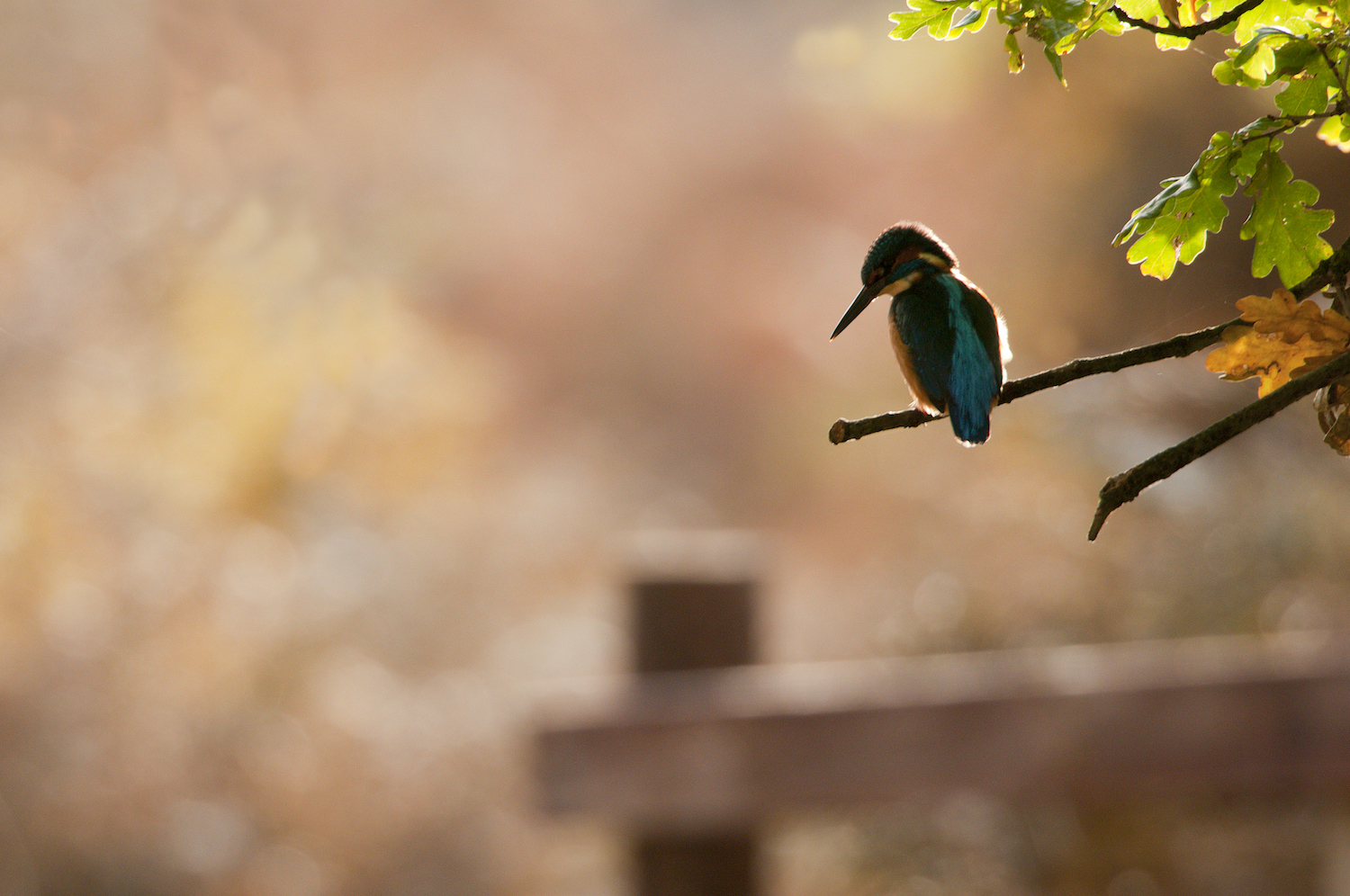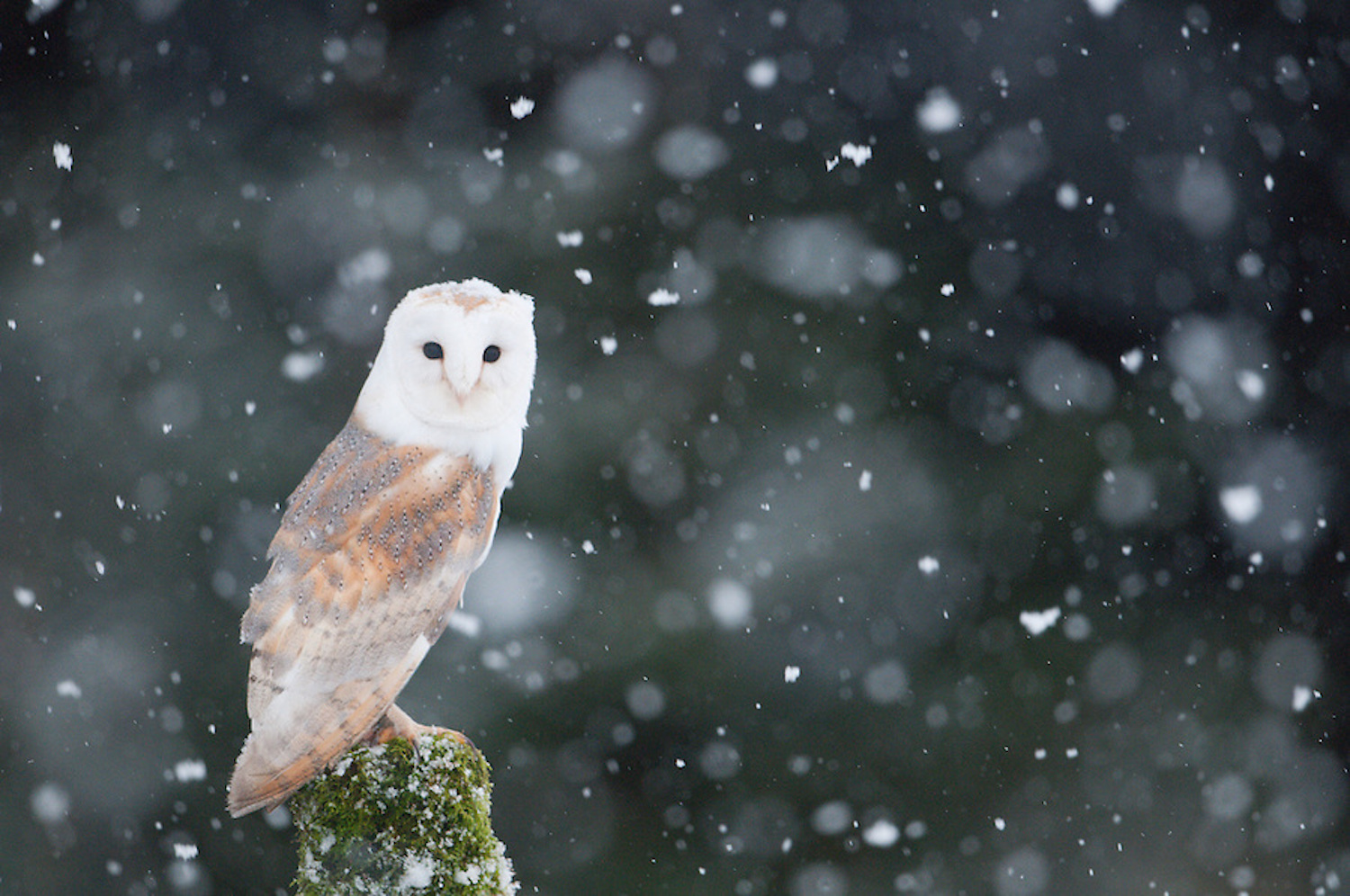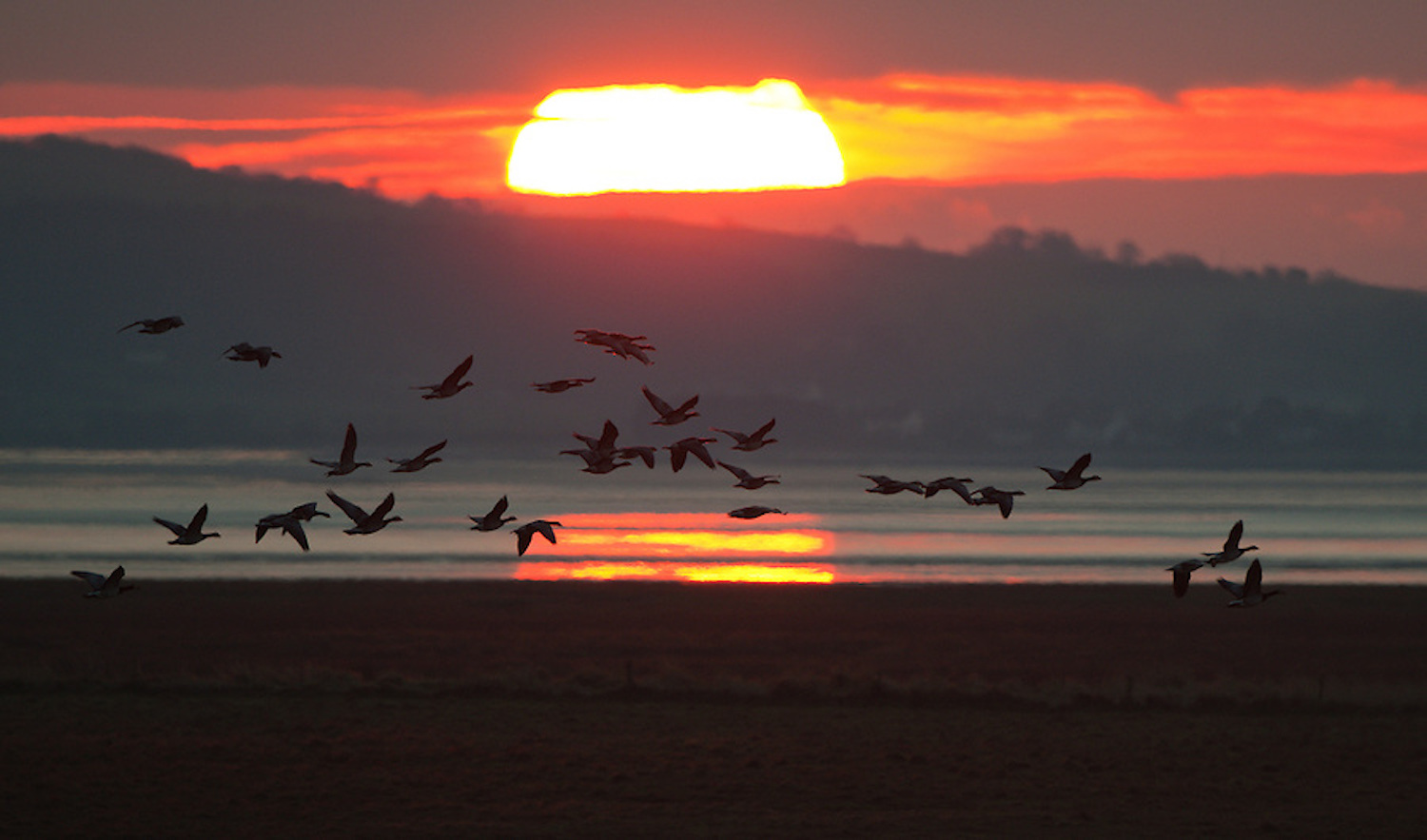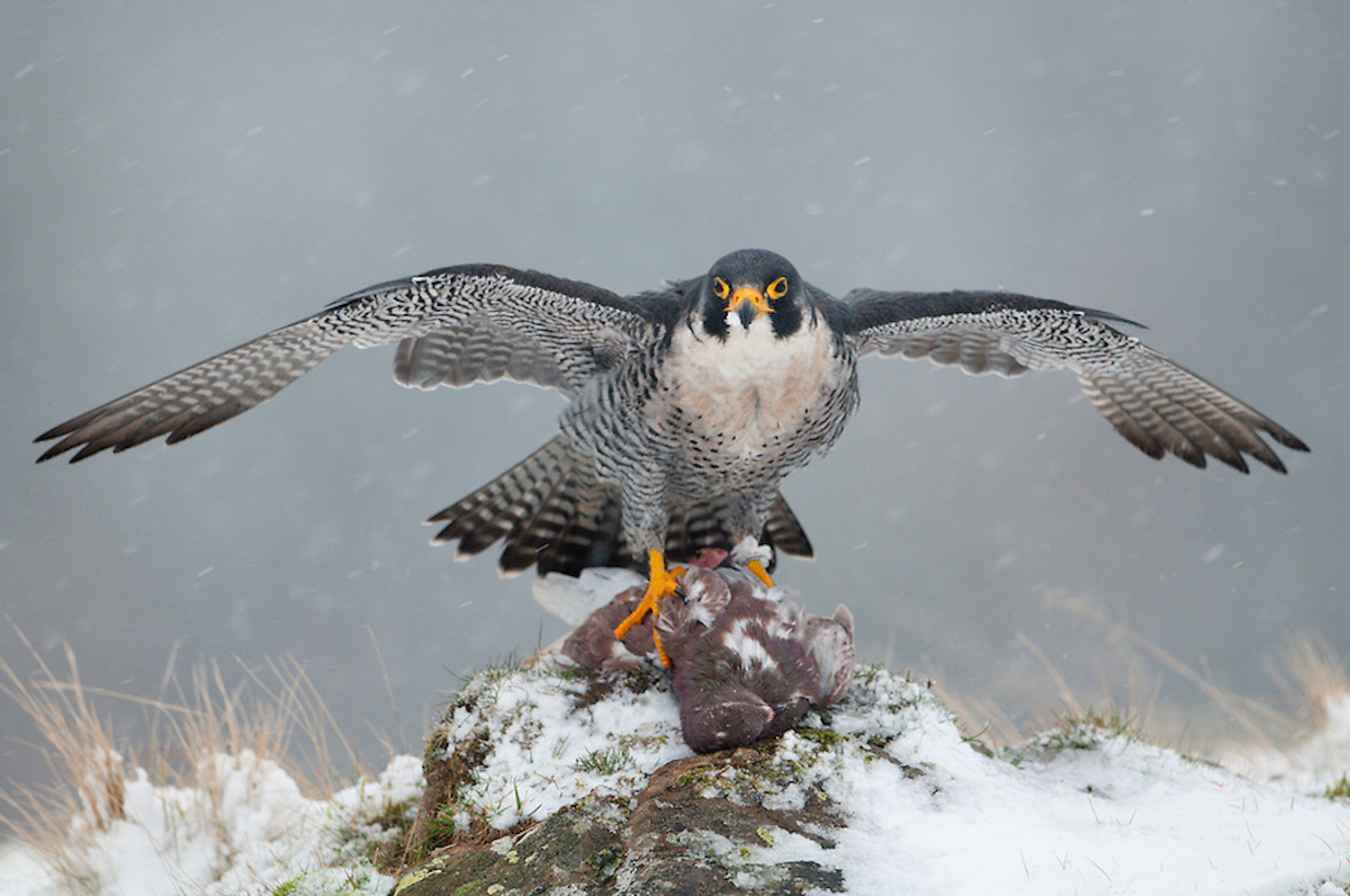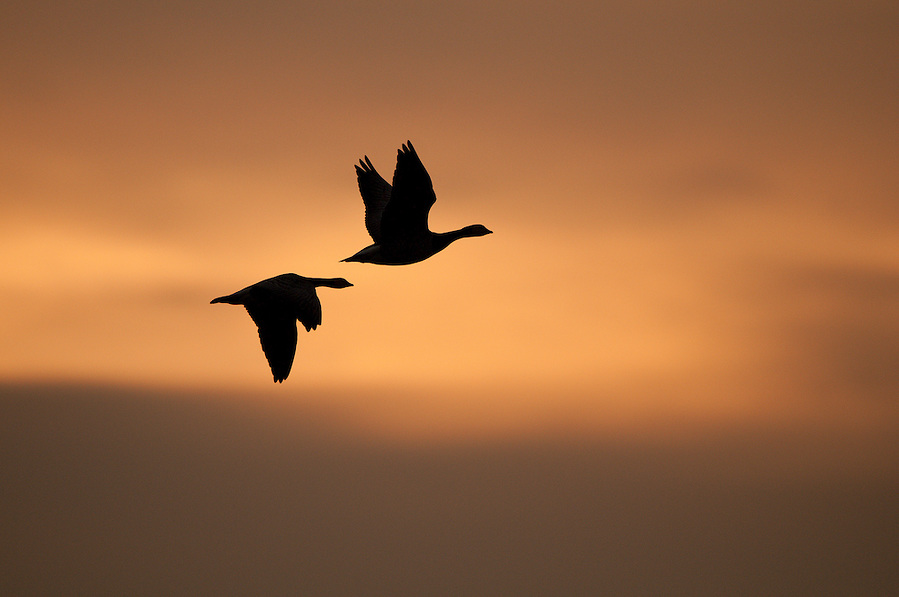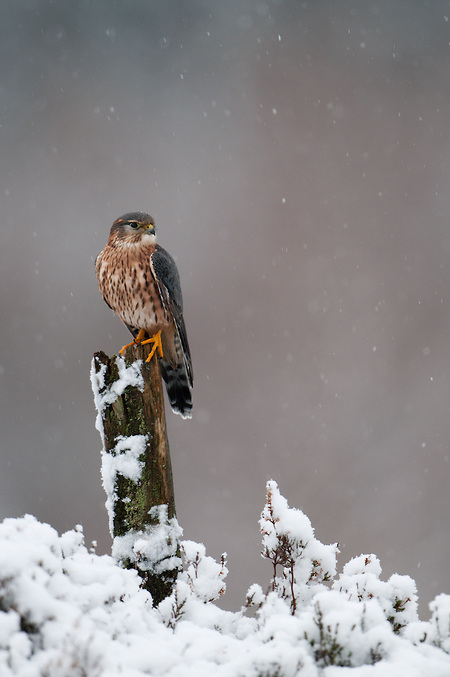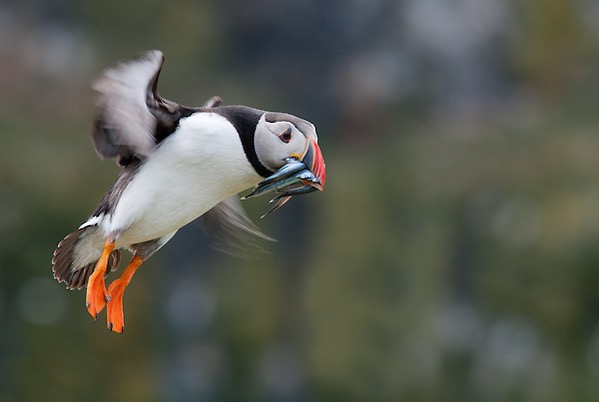BIRD SURVEYS FROM EXPERIENCED ECOLOGISTS
All birds are protected by the wildlife and countryside Act of 1981. This law protects nests, eggs, and unfledged young from destruction, disturbance or damage caused by new development or renovation. This also makes it illegal to injure, kill or take any wild bird of any species, no matter how common.
It is an offence to disturb a bird when it is:
Nesting with eggs
Nest building
You may be required to conduct a bird survey if you discover bird’s nests within the area of the land you need to build on.
Bird surveys may consist of:
Breeding bird survey
Nesting bird survey
Wintering bird survey
As experienced ecologists, Ecology by Design can conduct licensable bird surveys in every type of environment, including wetlands and marine environments. With over 250 bird breeds in Britain, and many in decline, many species have been given a high conservation priority. Whether you require a breeding bird survey, wintering bird survey, or nesting bird survey, don’t hesitate to get in touch with us.
Where do birds usually nest?
Some birds may nest on the ground, others in trees, hedgerows or scrub, whereas some birds nest inside buildings.
Most of our native species lay eggs between March and late August, however nests may be found at any time of year which is why it is important to contact us should you discover a bird’s nest.
The best time to carry out a bird survey?
Bird surveys are conducted between March and August. Our bird surveys are carried out according to proven methods of both BTO Breeding Bird Survey or BBS method.
Bird Surveys: What You Need To Know
Rare and vulnerable species that have been listed on Schedule 1 of the 1981 Act, plus their eggs and young, are subject to extra legal protection from 'intentional or reckless' disturbance while on or near their nest.
All wild birds, their nests and their youngsters in England and Wales are protected by law, thanks to the Wildlife & Countryside Act 1981.
Birds might nest in machinery, on scaffolding, in the eaves of buildings and in trees and vegetation on site.
If a complete or partially completed nest is found on a site, work that might damage or destroy the nest, eggs or young birds, or make the adult bird abandon the eggs or nest, must stop until the young birds have fledged.
You may even need to seal off an area entirely until the fledging process is complete.
If you break the law you can be fined as much as £5000 per offence, and can even be imprisoned for as long as six months. Your vehicles can be impounded if they've been involved in breaking the law, and the people concerned can be held legally liable.
WHAT DO WE DO?
Our experienced ornithologists report on and survey wild birds and their breeding and wintering habitats, carrying out specialist bird breeding and wintering surveys, surveys looking at breeding birds of prey, and specialist vantage point surveys. Our people have a great deal of expertise and experience conducting licensable, breeding, nesting and wintering bird surveys in every type of environment, including wetlands and marine environments.
We help and advise our clients with a broad range of different bird mitigation measures, including:
Fitting appropriate bird boxes to a site to encourage birds to nest away from areas where work is taking place
Creating alternative habitats to compensate for lost bird habitat, for example wild areas and green roofs
Providing training to your own staff so they can support your organisation in complying with the law
Ongoing surveys to monitor rare bird species on the Schedule 1 list
Bird research and consultancy services
Flight line and collision risk surveying, for example on wind farm sites; and
Bird surveys for Ecological Impact Assessments


